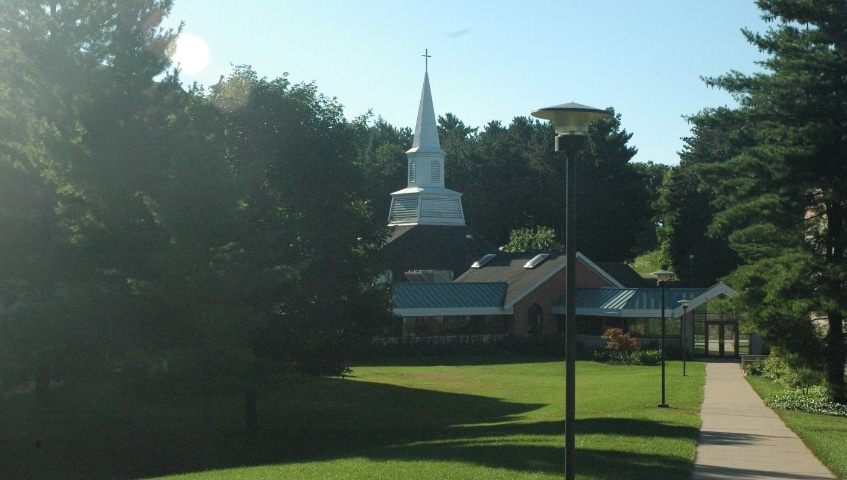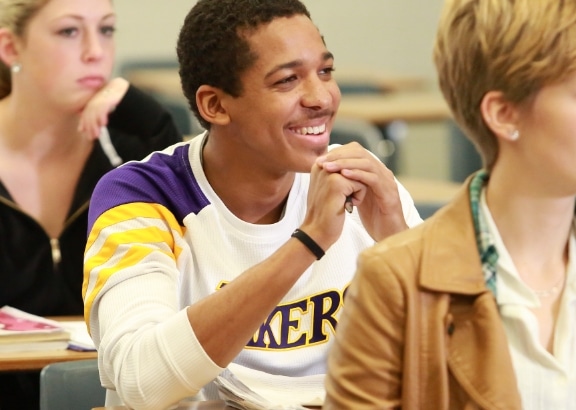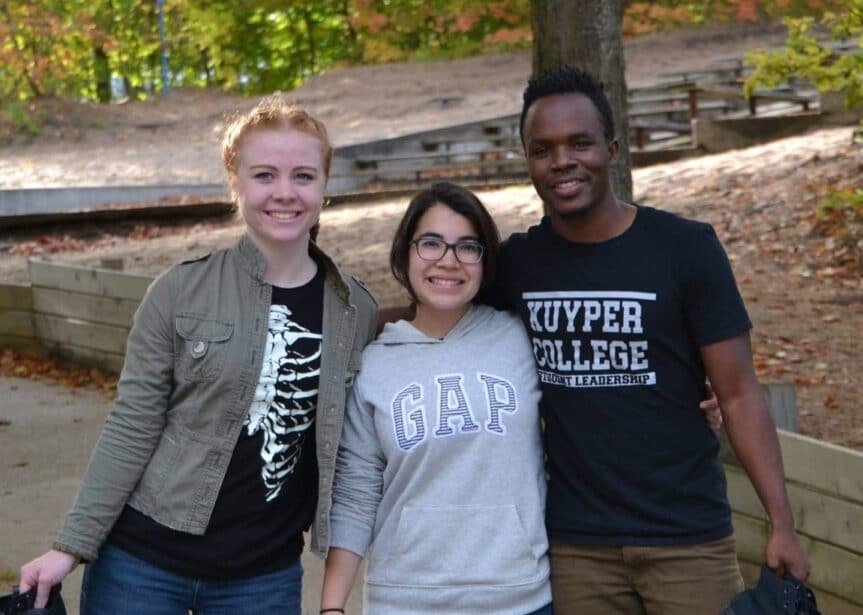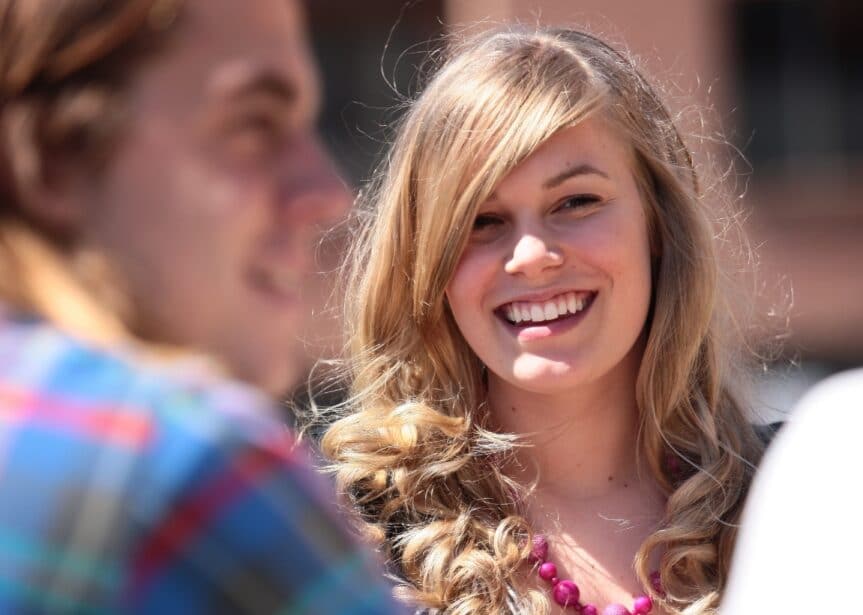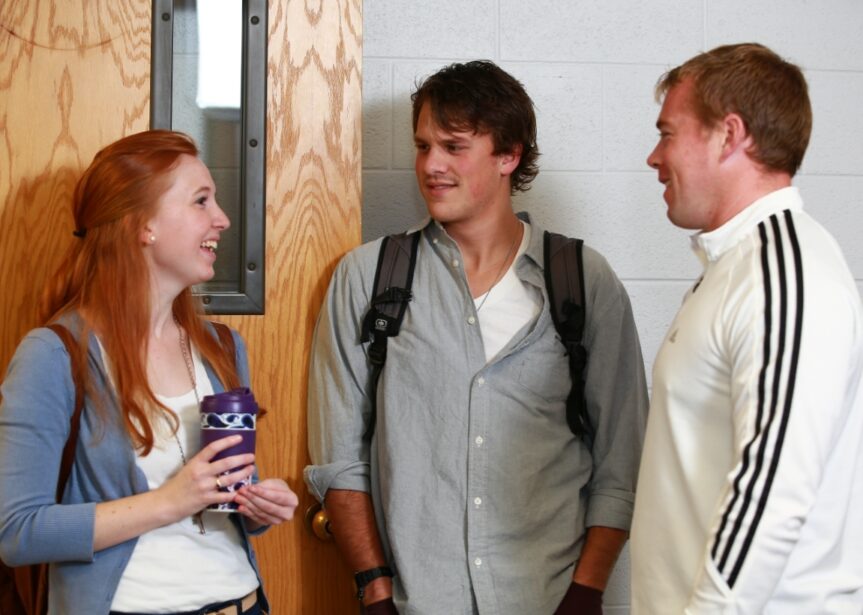Kuyper College Hosts Faith and Politics Event
 Pictured left to right: Senita Lenear, John Wetzel, Marc Andreas, and Peter Sonski
Pictured left to right: Senita Lenear, John Wetzel, Marc Andreas, and Peter Sonski
The Kuyper College campus was abuzz with political energy for the “Faith and Politics” event, featuring three candidates from different levels of government: Senita Lenear, a candidate for Mayor of Grand Rapids; John Wetzel, a Republican vying for the Michigan House of Representatives; and Peter Sonski, a presidential candidate from the American Solidarity Party.
The event, organized by Marc Andreas, Associate Professor of Business Leadership and the Business Leadership Program Director, aimed to create an educational space for students and the community, to see the positive connections between faith and politics, and encouraging students to evaluate their options. A voter registration table was also set up to assist attendees in making their voices heard.
Each candidate began by sharing their backgrounds and the journeys that led them to the political arena.
Lenear, who emphasized her non-partisan position, highlighted how her upbringing fostered a commitment to service in her community. “I grew up believing in the power of community,” she said. “My faith has always guided me towards serving others.”
Wetzel, a small business owner, spoke about his experiences in the business world and how they shaped his political aspirations. “I’ve seen firsthand the struggles families face. My faith inspires me to seek solutions,” he remarked.
Sonski shared his own struggles with political identity, reflecting on how he felt compelled to choose sides until he discovered the American Solidarity Party, which he said emphasizes many Christian values. “Finding a party that resonates with my beliefs was liberating,” he said.
When the discussion turned to the effects of political polarization, Lenear expressed her unique perspective as a candidate for a non-partisan role. “The bickering between parties feels very ‘middle school’ to me,” she remarked, emphasizing her ability to focus on community needs rather than party agendas.
Wetzel discussed the media’s role in creating an “echo chamber,” where individuals often only engage with views that align with their own. “This polarization runs deeper than just ‘blue and red.’ It affects how we communicate within our own parties, too,” he noted, emphasizing the importance of dialogue across divides.
Sonski echoed these sentiments, reflecting on the pressure many feel to align strictly with a party. “I want people to realize they can choose for themselves,” he said, advocating for a more inclusive political conversation.
The candidates also outlined their primary concerns: Lenear focused on housing and safety for students, Wetzel highlighted the plight of middle-class families struggling to make ends meet and Sonski advocated for sweeping reforms, including universal healthcare and child safety.
As the event concluded, Andreas expressed gratitude for the candidates’ participation and the vibrant discussions that unfolded. “This is about empowering our community to engage with the political process,” he stated. “Understanding the candidates and their values is essential as we head to the polls.”
The evening was not just an opportunity for political discourse, it also was a reminder of the importance of faith, service and community engagement in shaping the future. As November approaches, Kuyper believes that events like these foster informed decision-making among voters, encouraging them to choose candidates who align with their values and needs.



